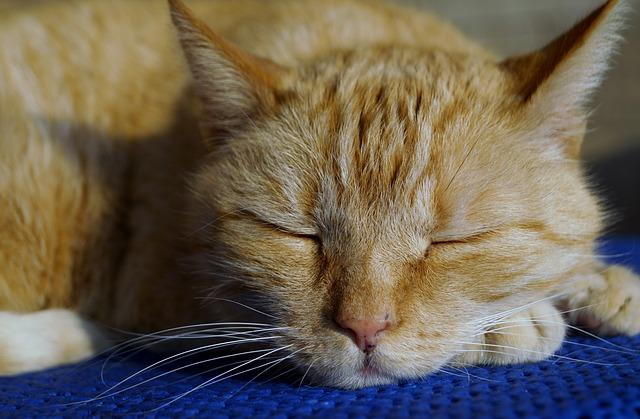- posted: Jun. 04, 2015
 Did you know that sleep deprivation may cause an array of health problems?
Did you know that sleep deprivation may cause an array of health problems?
Lack of proper sleep is linked to fatigue, lethargy, lack of motivation, moodiness, irritability, reduced creativity and problem-solving skills, reduced immunity; frequent colds and infections, concentration and memory problems, impaired motor skills and increased risk of accidents, and increased risk of diabetes, heart disease, and obesity.
The recommended amount of sleep according to The National Sleep Foundation is 7-9 hours a night. The best way to tell what your body needs is to keep a sleep diary where you track how much sleep, the quality of sleep, and how you felt the next day. Over the course of a few weeks you will be able to tell what your optimal level of sleep is.
*If you are waking up in the middle of the night it could indicate abnormal adrenal function. Please contact us for more information and to determine if an Adrenal Stress Index Panel is right for you.
You may be sleep deprived if you:
- Need an alarm clock in order to wake up on time
- Rely on the snooze button
- Have a hard time getting out of bed in the morning
- Feel sluggish in the afternoon
- Get sleepy in meetings, lectures, or warm rooms
- Get drowsy after heavy meals or when driving
- Need to nap to get through the day
- Fall asleep while watching TV or relaxing in the evening
- Feel the need to sleep in on weekends
- Fall asleep within five minutes of going to bed
Create a perfect sleeping environment
- Make your room dark: Purchase and install black out blinds or curtains to minimize external light.
- Sleep with your phone at least 2 feet away from you, and silence it: This minimizes radiation and disturbances.
- Make your room quiet: Consider using earplugs to mute disruptive noises. A fan, humidifier, or air filter can create white noise and be soothing.
Develop a bedtime ritual
- Workout earlier in the day: Workout at least 3 hours before your bedtime to allow your body to unwind.
- Make a to-do list for the next day: To allow your mind to unwind.
- Turn off electronics: At least a half hour before falling asleep.
- Drink some tea: Bedtime, sleepy time, chamomile, or an herbal non-caffeinated tea of choice.
- Read a book or magazine: Choose something that won’t cause any anxiety like a non-fiction book.
- Go to the bathroom: Directly before going to bed to empty bladder fully.
- Stick to the same bedtime and wake up time: Even on the weekends. This helps to regulate your body's clock and could help you fall asleep and stay asleep for the night.
- Avoid alcohol, cigarettes, and heavy meals in the evening: They can disrupt sleep. Eating big or spicy meals can cause discomfort from indigestion that can make it hard to sleep. It is good to finish eating dinner at least 2-3 hours before bedtime.
- Eat a bedtime snack: If you have gone longer than 3 hours of eating your dinner have a small bedtime snack that consists of a protein and complex carb.
Locations
6940 South Holly Circle Suite 201
Centennial, CO 80112, US
Office Hours
Our Regular Schedule
8am - 1pm
3pm - 5pm
8am – 1pm
3pm – 7pm
Closed
Closed
8am – 1pm
3pm – 7pm
8am – 2pm
Closed
Closed
Closed
Closed
Closed

